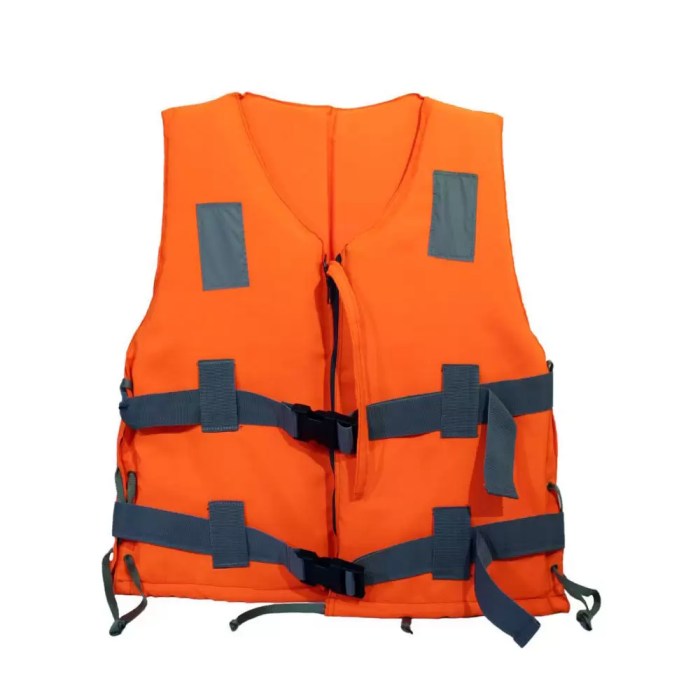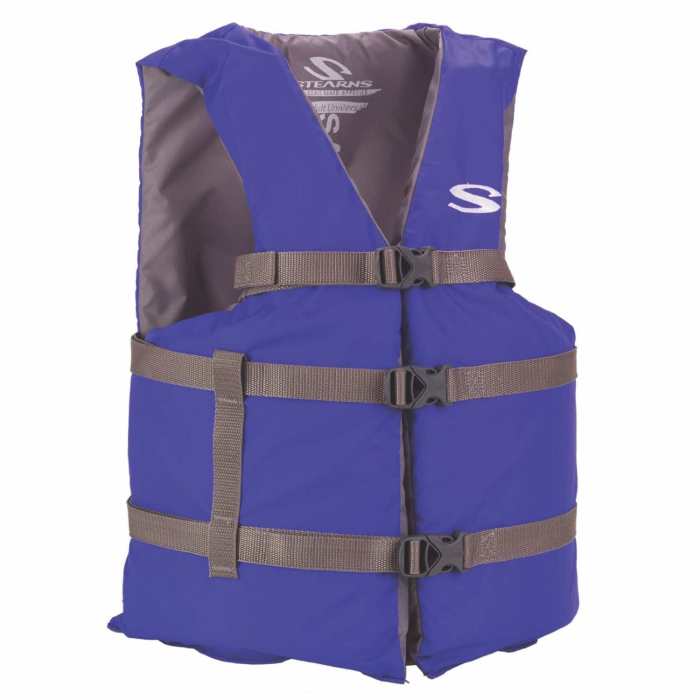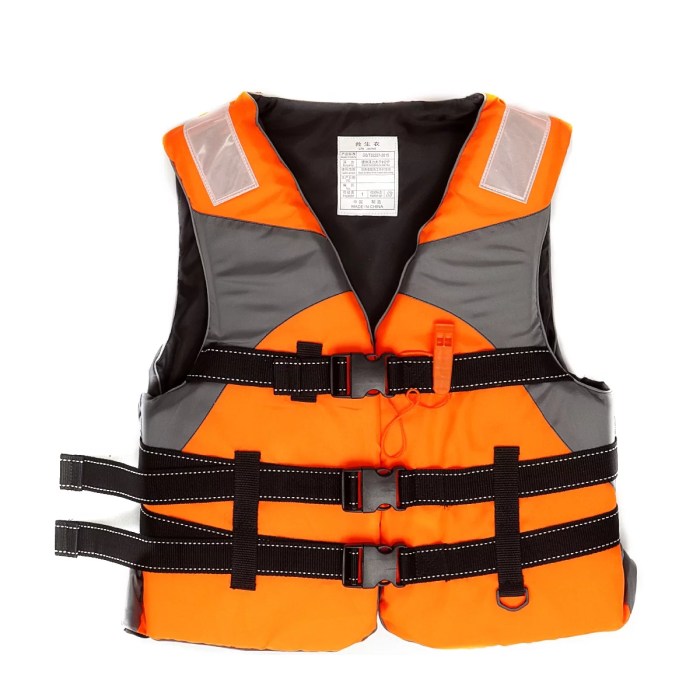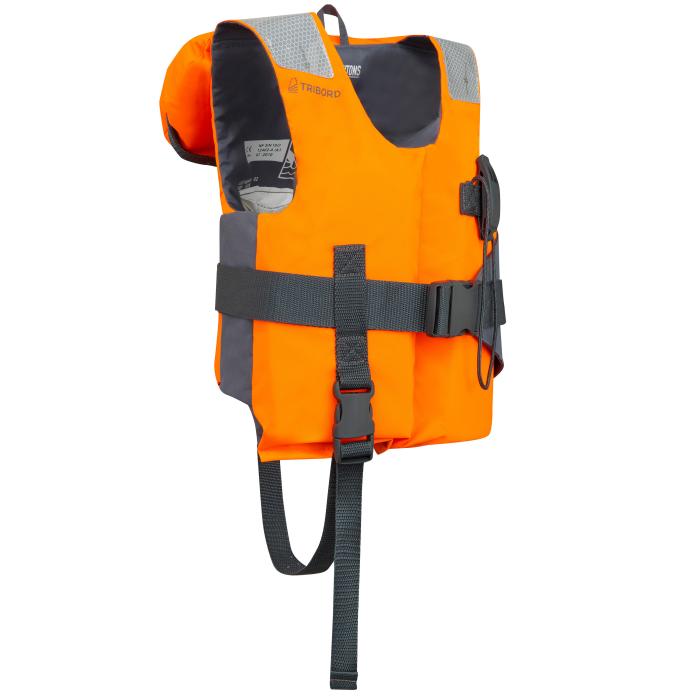Boating safety feature crossword clue sets the stage for this enthralling narrative, offering readers a glimpse into a story that is rich in detail and brimming with originality from the outset. Embark on a journey through the intricacies of boating safety, exploring essential equipment, navigation aids, weather monitoring, communication devices, and maintenance practices that form the bedrock of safe and enjoyable boating experiences.
As you delve into this comprehensive guide, you will discover the importance of life jackets, flares, and fire extinguishers, ensuring your preparedness for any unforeseen circumstances. Understand the significance of charts, compasses, and GPS systems in guiding your navigation and determining your location with precision.
Learn to interpret weather forecasts and weather apps, empowering you to make informed decisions and navigate impending storms with confidence.
Safety Equipment

Ensuring the safety of boaters is paramount, and having the appropriate safety equipment onboard is crucial in mitigating risks and responding effectively to emergencies. These items play a vital role in protecting individuals and the vessel itself, contributing to a safer and more enjoyable boating experience.
Essential Safety Equipment
- Life Jackets:These are the most important safety devices on a boat, providing buoyancy and preventing drowning. They must be properly fitted and readily accessible for each person on board.
- Flares:Flares are essential for signaling distress and attracting attention in case of emergencies. They come in various types, including hand-held, parachute, and aerial flares.
- Fire Extinguishers:Fires can pose a significant hazard on boats, making fire extinguishers crucial for containing and extinguishing flames. They should be strategically placed throughout the vessel and easily accessible in case of a fire.
Regulations and Laws
In many jurisdictions, there are specific regulations and laws governing the type and quantity of safety equipment required on boats. These regulations vary depending on the size and type of vessel, as well as the intended use and operating conditions.
It is the responsibility of boat owners and operators to ensure compliance with these regulations to maintain safety and avoid potential legal consequences.
Navigation Aids

Navigation aids are essential tools that assist boaters in determining their location and navigating safely on the water. They provide critical information about the surrounding environment, hazards, and the intended destination, enabling boaters to make informed decisions and avoid potential dangers.
Charts
Charts are detailed maps of waterways that provide information such as water depths, shorelines, navigation markers, and potential hazards. They help boaters plan their routes, identify safe passages, and avoid areas with shallow water, obstacles, or strong currents.
Compasses
Compasses indicate the direction of magnetic north, providing boaters with a reference point for navigation. By aligning the compass needle with the desired heading, boaters can maintain a specific course and avoid getting lost or disoriented.
GPS Systems
GPS (Global Positioning System) devices use satellite technology to determine the boat’s precise location, speed, and course. They display this information on a digital screen, allowing boaters to track their progress, identify nearby landmarks, and navigate accurately, even in unfamiliar waters.
Weather Monitoring

Monitoring weather conditions while boating is crucial for safety. Weather can change rapidly, and boaters need to be aware of potential hazards. Weather forecasts and weather apps provide valuable information to help boaters make informed decisions. They can indicate wind speed and direction, precipitation, visibility, and potential storms.
Signs of Impending Storms
Boaters should be aware of the signs of impending storms, such as:
- Darkening skies
- Increased wind speed
- Thunder and lightning
- Heavy rain
- Hail
Actions to Take in Case of Impending Storms
If boaters encounter signs of an impending storm, they should take immediate action:
- Head for shore or a safe harbor
- Secure loose items on the boat
- Reduce speed and proceed with caution
- Monitor weather conditions closely
- Be prepared to take shelter if necessary
Communication Devices

Reliable communication is vital for boaters in case of emergencies, breakdowns, or navigation assistance. Various communication devices are used on boats, each serving a specific purpose.
VHF Radios
VHF (Very High Frequency) radios are the primary communication devices used on boats for marine communication. They operate on a line-of-sight basis, providing reliable communication within a range of 10-20 nautical miles.
VHF radios are essential for:
- Communicating with other boats, marinas, and the Coast Guard
- Requesting assistance in emergencies
- Receiving weather updates and navigation information
Cell Phones
Cell phones can also be used for communication on boats, but their range and reliability can be limited by signal strength and coverage.
Cell phones are useful for:
- Calling for help in an emergency
- Staying connected with family and friends
- Using navigation apps
Protocols and Etiquette, Boating safety feature crossword clue
When using communication devices on the water, it is important to follow established protocols and etiquette to ensure clear and effective communication:
- Use clear and concise language.
- Identify yourself and your boat.
- Listen before transmitting.
- Use appropriate channels for different types of communication.
- Respect other boaters and avoid unnecessary chatter.
Maintenance and Inspections: Boating Safety Feature Crossword Clue

Regular maintenance and inspections are crucial for ensuring boat safety and minimizing the risk of accidents. Neglecting maintenance can lead to mechanical failures, hull damage, and electrical hazards, compromising the safety of passengers and the vessel itself.
Key Areas to Inspect
A comprehensive boat inspection checklist should include:
- Engine:Inspect oil levels, belts, hoses, and spark plugs. Check for leaks, corrosion, and any unusual noises or vibrations.
- Hull:Examine the hull for cracks, dents, or punctures. Inspect the bilge for any water accumulation or damage.
- Electrical System:Check batteries, wiring, and connections for damage or corrosion. Ensure all electrical components are functioning properly.
- Safety Equipment:Inspect life jackets, flares, and fire extinguishers for expiration dates and proper operation.
- Navigation Aids:Verify the functionality of navigation lights, charts, and GPS devices.
- Weather Monitoring:Ensure weather monitoring devices, such as barometers and radios, are in working order.
- Communication Devices:Check VHF radios, cell phones, and other communication devices for proper operation and signal strength.
Benefits of Proactive Care
Proactive maintenance and inspections not only prevent accidents but also:
- Extend the life of the boat and its components.
- Reduce the risk of costly repairs.
- Ensure a smooth and enjoyable boating experience.
Commonly Asked Questions
What is the most important safety equipment on a boat?
Life jackets are the most important safety equipment on a boat, as they can prevent drowning in the event of an accident.
How can I determine my location on a boat?
Charts, compasses, and GPS systems can be used to determine your location on a boat.
How can I stay informed about weather conditions while boating?
Weather forecasts and weather apps can provide you with up-to-date information on weather conditions while boating.
What types of communication devices can be used on a boat?
VHF radios and cell phones are common types of communication devices used on boats.
Why is regular maintenance important for boat safety?
Regular maintenance can help to identify and prevent potential hazards, ensuring the safety of your boat and its occupants.